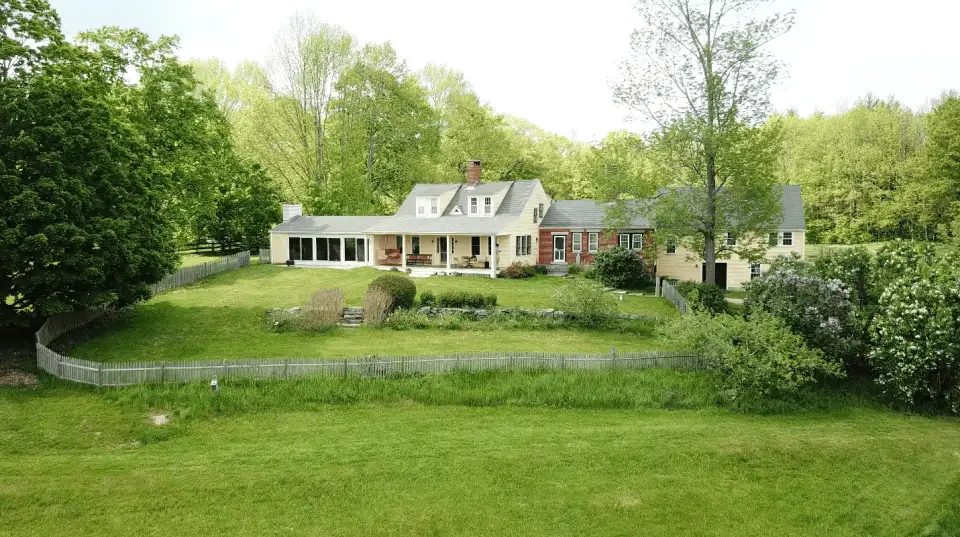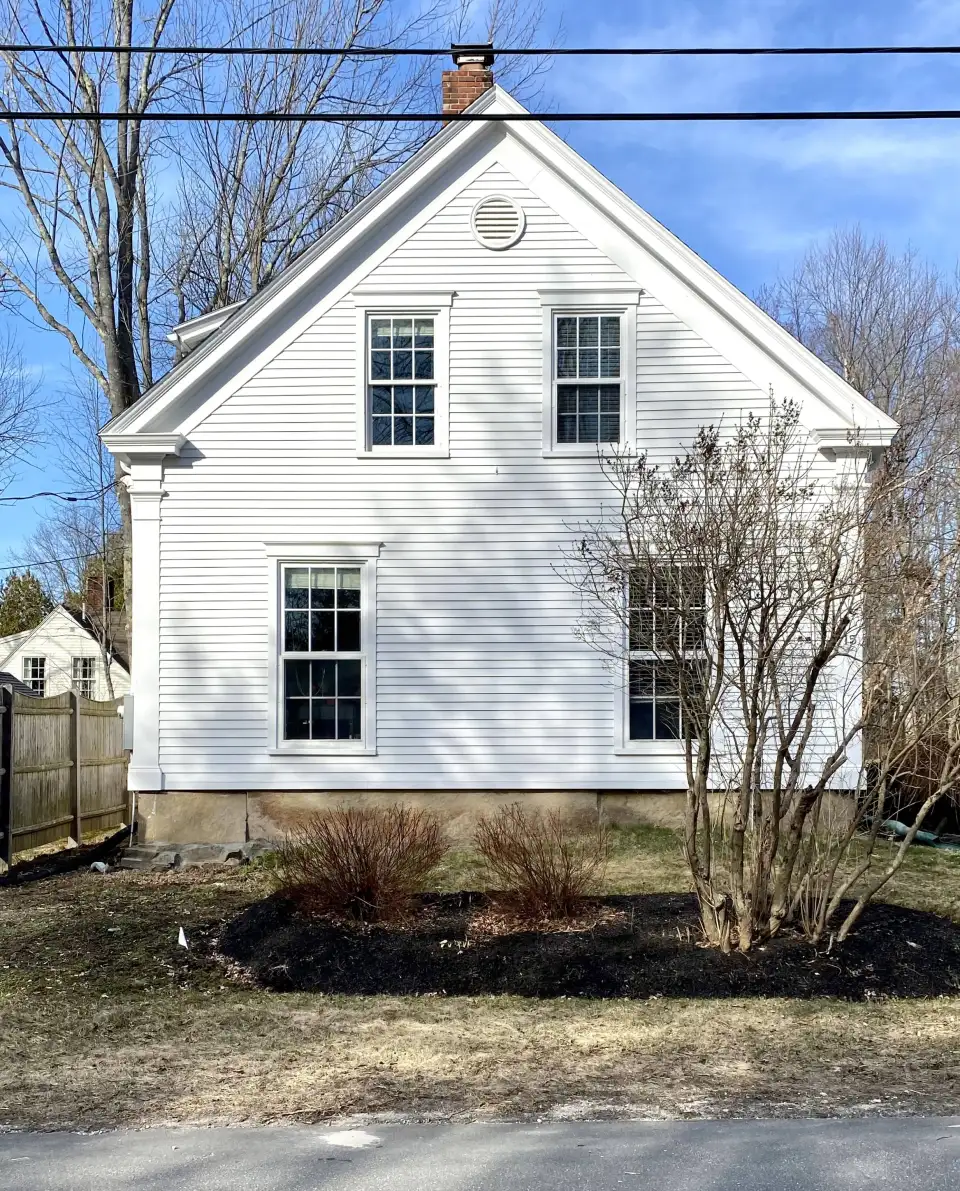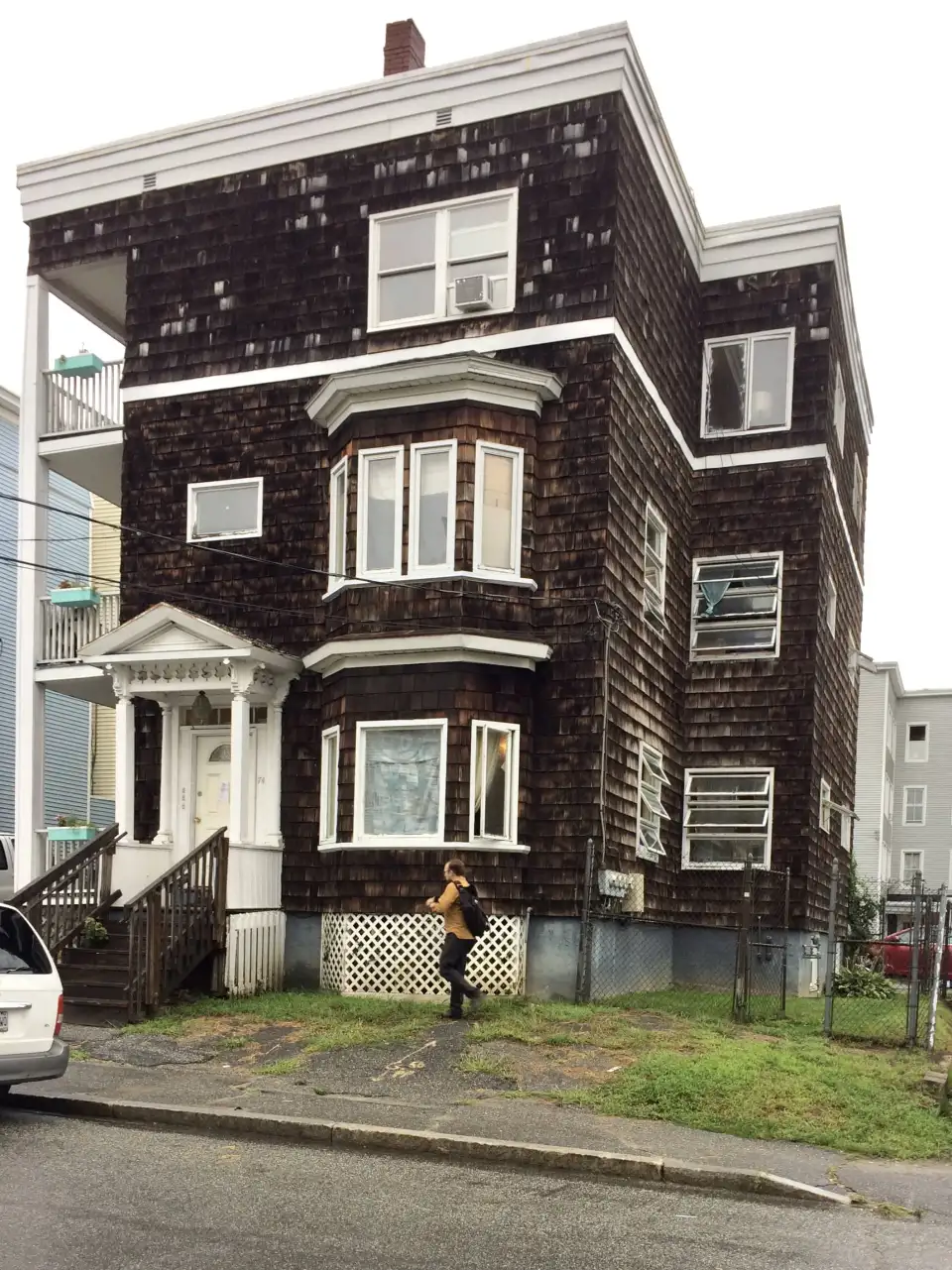
RetrofitMAINE, a passivhausMAINE initiative, is encouraging, promoting, and collaborating on Passive House and Energiesprong-inspired retrofits of typical New England residential building stock: single family homes, duplexes, and the three-story apartment buildings commonly known as triple deckers. The open-source initiative, which is the brainchild of Naomi Beal, the director of passivhausMAINE, straddles the divide between research and practice, helping to develop and document optimized retrofit practices with an aim to identifying efficiencies of time and cost.
“The core of the retrofitMAINE research initiative is to create equity in our approach to retrofits and our housing supply,” says Beal. Maine has 450,000 existing units that need attention to withstand impending extreme weather events and to transition away from the prevalent reliance on oil for heat to a cleaner, renewable energy source. Maine’s citizens are the oldest in the nation—a vulnerable population—and Maine burns proportionally the largest amount of #2 heating oil per resident in the United States.

Representatives from the Institutes of Energy and the Environment at Penn State University, Thornton Tomasetti, and the University of Maine sit on retrofitMAINE’s steering committee and are helping with program implementation. With their input, Beal will be collecting before-and-after data on energy use, indoor temperatures, indoor air quality, and moisture in the assemblies. There will also be an effort to document health impacts of these renovations if the individual projects lend themselves to that. All data will be made public in an open-source database.
Still at an early stage, the initiative thus far is working with three building owners on three ongoing projects. The Ecology School in Saco is retrofitting an existing farmhouse, currently used as office space, in keeping with the school’s goal of attaining certification as a Living Community Challenge. The project information and data that are being tracked to meet the Living Community Challenge will also be useful for planning retrofits in similarly constructed buildings. Other structures on the school’s campus are slated for deep retrofits, including a barn and chicken coop.
The second project is a triple decker— a common workforce housing type—in Lewiston, the second largest city in Maine. A former mill town, the city has seen significant economic distress. This triple decker is owned by the local Housing Authority. A structural feasibility study has been conducted on the building, with the intention that it will be retrofitted using a panelized approach. Funding for this pilot project is still being put in place, but Beal feels confident that it will attract the needed support, given the nature of the innovative approach and the population that this housing serves.
The third project is a typical ranch house in Brunswick. The owner approached Beal with plans to do an EnerPHit of the home and is excited about monitoring and documenting the process, with an eye to serving as a model for other similar homes. This past year’s Covid-related experiences have influenced and expanded the scope of this project.

“In Maine transportation is the source of 52% of the state’s carbon emissions, and existing buildings are the next biggest sector, representing 40% of emissions,” says Beal, adding, “A lot of us know how to build new construction really well, but we don’t know how to do retrofits. Reaching the carbon goals set by our Governor will require attention to our existing buildings, 75% of which are projected to be still in use by 2050.” RetrofitMAINE aims to fill in that information and practice gap.